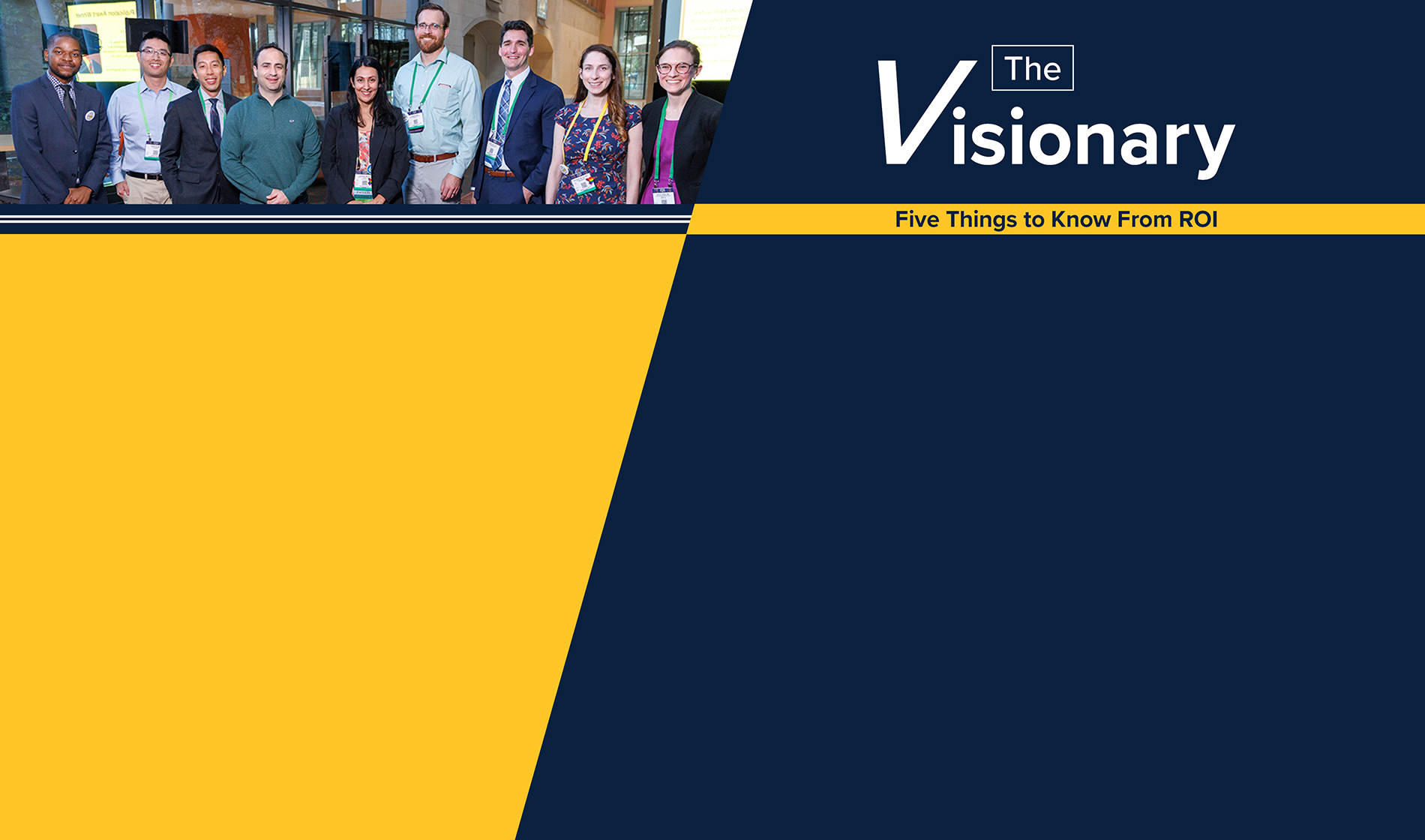Issue Index
Breakthroughs in Financial Toxicity and AI for Head and Neck Cancer
Treatment for head and neck cancer presents many challenges because the complex regimens often have side effects that significantly impact patients’ quality of life. Two teams of ROI-funded investigators are tackling different aspects of how to best manage the toxicities resulting from treatment and shared recent outcomes of their work at the 2024 Multidisciplinary Head and Neck Cancers Symposium.Pooja Karukonda, MD, presented longitudinal results of the Patient-Reported Outcomes and Financial Toxicity in Head and Neck Cancer (PaRTNer) study during the Plenary II session on Friday, March 1. This prospective survey-based study showed that patients receiving radiation therapy (RT) for head and neck cancer experienced financial toxicity—problems with the cost of their medical care—as they began treatment. Financial toxicity gradually improved after RT ended, although some patients continued to experience hardship six months post-treatment. Older, non-white, female and low-income patients had the greatest risk of financial toxicity. Patients reported that they decreased spending on basics or leisure activities, used savings, borrowed money, skipped medication doses or did not fill prescriptions to cope with the costs of their cancer care. The PaRTNer study was the first to collect actual out-of-pocket cost data for patients receiving RT, and the team has generated valuable evidence of financial toxicity as both an acute and late treatment-related toxicity for head and neck cancer.
Dr. Karukonda was awarded a travel grant based on the high quality of the abstract, and she was featured in a video about the study in the ASCO Post. The study led by Fumiko Chino, MD and Yvonne Mowery, MD, PhD, was supported by a 2018 Innovative Projects in Radiation Oncology research award from ROI.
Simeng Zhu, MD, presented initial results of an imaging-based artificial intelligence model to predict the risk of recurrence of oropharyngeal cancer (OPC) after patients have been treated with radiation therapy. The AI model uses pre-treatment CT images and other clinical characteristics to identify whether patients are at low or high risk of the cancer returning to the same location or nearby. Although the model requires additional development and testing, eventually it could be used to personalize care for OPC. Patients at low risk for recurrence could receive less intense treatment to reduce side effects, while treatment could be increased for patients at high risk to help prevent the cancer from returning. Dr. Zhu received a 2022 Leveraging Artificial Intelligence for Radiation Oncology award from ROI to develop the model.
People living with head and neck cancer have an especially high burden of both physical and financial toxicities from both the disease and treatment, and these two investigative teams are improving cancer care to help these patients live longer, healthier lives.














